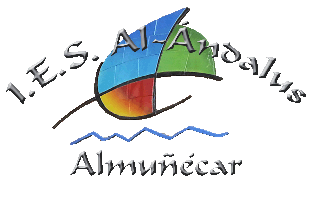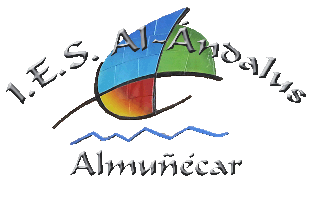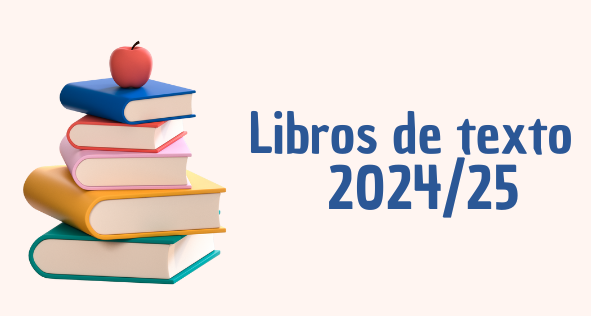Coordinator: Mr.Francisco Martínez Torres
Description:
Some time ago, on two different occasions I made the same question to two different people from different countries, but professionally involved in teaching languages: “Why are Spanish people almost the worst at speaking English?”. And I was surprised to get exactly the same answer: “They have not been exposed”. That made me think, and I came to the following conclusion: this means that, to some extent, we do not use English at schools (we teach grammar but speaking seems not to be that important), foreign films are always dubbed on TV and at the cinema; we never hear the real voices or comments of foreign actors, singers or politicians in the news because there is always a voice translating into Spanish what they say. And this presents a big problem: dubbing and translating prevent us from getting used to watching films in the original language, mostly English, or recognising the genuine voices of our favourite stars. And this is why I think our main goal should be to create the NEED to speak English in our students.
This makes us be very concerned about the evolution of our experience with the bilingual programme, which, I must say, is very rewarding. The main goal of this programme is to help students improve and feel comfortable when speaking a language, and I must say that this goal is being achieved since we can see our students speaking in English in a quite natural way when they run up to the language assistant and speak to her in English without any reservations or when they see some of their teachers and use English to communicate.
The main reason why students realise about the importance of languages is that they are becoming aware about its useful nature or position in today's world. Now, they know that it is not impossible to communicate in a foreign language and that speaking a language should be usual in our lives since our society is becoming more and more heterogeneous. Expectations regarding innovation in education have multiplied rapidly over the last three decades, influencing the organisation of education systems, and we must adapt to them.
The first step to make them see how easy it is to learn a language is to motivate the participating students by teaching a language with powerful tools such as playing games, reading fantastic stories, story telling and many others. And, this way, the second step comes easily: hard work, which comes automatically due to the willingness to practice and use English.
But all this would not work without the most powerful tool: students must be exposed to the language they are studying, otherwise they will never go beyond learning grammar. The following factors are essential for our students to be exposed:
- Interaction with our language assistant, whose mother tongue is English and with whom they learn about the History, customs, traditions and curious and amazing facts in her country.
-Working in conjunction with other subjects such as Maths, Music, P.E, Science, Arts, History, Physics and Chemistry.
-Working together with the other languages taught at school: French and Spanish.
-Organising trips to England so that the can be exposed to the real language in different situations in the most genuine way so that they can hear, read, speak and interact using the language they are learning.
-Bringing native speakers to our school and organising as many activities as possible so that they can hear different accents and expressions. In this way we want to thank the British Women's Association who have been so kind as to come to our school on many different occasions to do some different activities with our students and have helped them improve their English and get to know more aspects of England. We must thank all those people who generously come every year and speak about different topics and are brave enough as to share their experience, knowledge and background. And of course we must thank Michael Comley who invests a lot of his free time in elaborating interesting powerpoint presentations to show them to our students explaining everything in English.
-Going to the cinema and showing them films in English including English subtitles. We go to the cinema every Friday and the film is part of a cinema forum in which there is an introduction in English by a native speaker and at the end we comment on the film we have seen.
-Going to the theatre is another important way to show our students another aspect of the language. When going to the theatre, we do not only watch a play but we also learn about values and the different ways human beings can help the others to make a better world.
-Organising the I Day of Languages at our school to show the importance we give to speaking different languages and make students aware of the advantages it has. We have made an effort to organise many different activities in English, French and Spanish to improve the students' knowledge on different cultures.
We must try to adapt the education system to new needs and the evolution of knowledge. In the immediate future, the expected changes affect pedagogical orientation, the curriculum and school management. Therefore, our aim is to reinforce efficiency and equality in education systems as a priority in our main objectives. Languages play an essential role when talking about efficiency and pedagogy and, undoubtedly, languages, especially English, are very important nowadays and the change in methodology is obvious. We mustn't forget that today's main purpose in learning a foreign language is communication and interaction.











